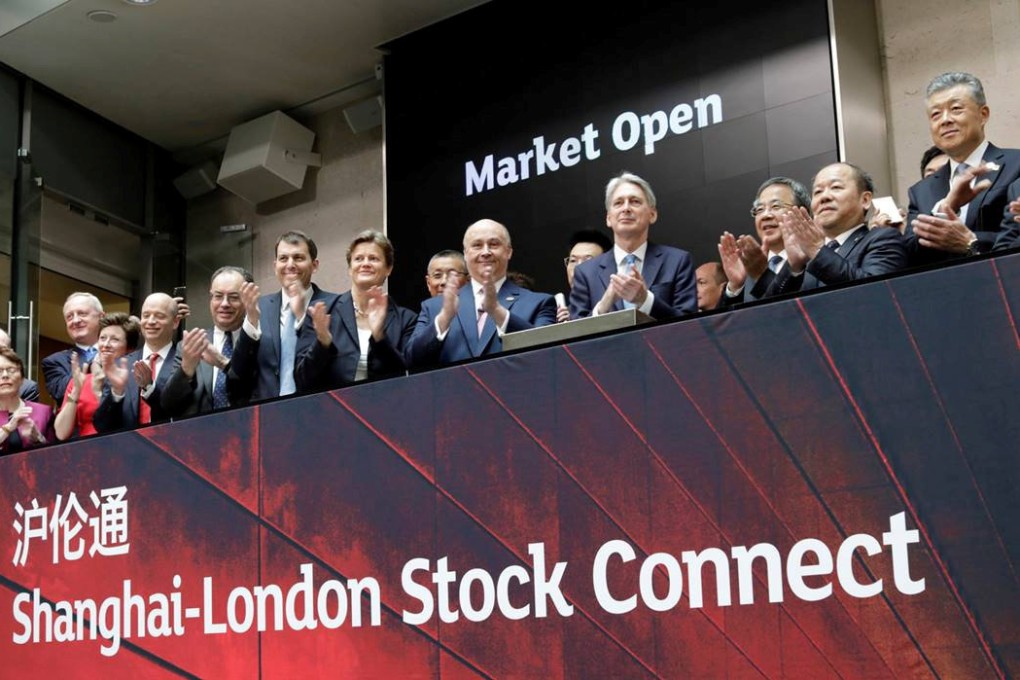Why global investors have failed to connect with the much-hyped UK-China stock link
- Five years since the Shanghai-London stock connect was introduced, it has dropped off global investors’ radar
- Only six Chinese companies have listed in London, while no European company has listed in China

Just six Chinese companies have listed in London since the Shanghai-London stock connect began, and trading has been muted. Meanwhile, no European companies have listed in China. In the London Stock Exchange Group’s last three annual reports, the cross-border programme garnered zero mentions despite its expansion to Shenzhen.
The state of the programme shows how China has evolved from being one of the world’s hottest stock markets to one that’s weighed down by a sluggish economy and mounting trade and political tensions. And it also reflects the London market’s faded appeal to investors, something it hopes to start reversing if it can lure online fashion retailer Shein to hold an initial public offering in the UK.
“It probably took years to agree upon the framework and the infrastructure for this,” Mike Werner, an analyst at UBS Global Research, said of the stock link. “So to go through that process with ultimately the end result being only six listed companies – I don’t know if that’s a return on investment that they would have travelled down, had they known about ultimately the potential lack of demand.”
